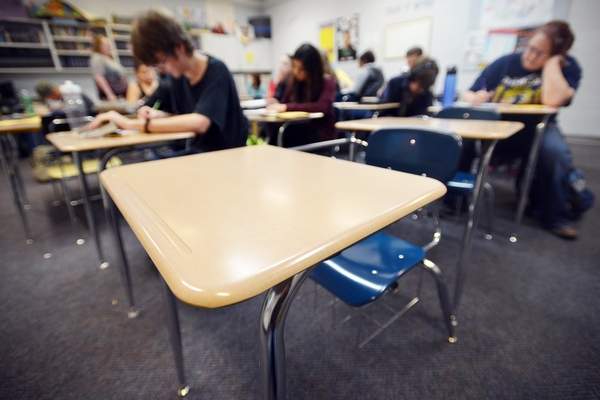Find A Plumber To Effectively Fix Your Problems
Sometimes, it may take a fair amount of advice for you to find the best answer to the problem, and these tips offer a great resource to start from.
If you have a clogged toilet with the water level very low, and the plunger isn’t working, it’s possible to resolve this by pouring warm water from a bucket directly into the toilet bowl from about waist level. Do this as often as necessary if the water level gets too low.
Garbage Disposal
Never use your hands in your garbage disposal to fix a problem. Even when the garbage disposal presents significant danger. You can search online to get schematics or troubleshooting advice for the disposal that you have.
Use filters on all drains to keep foreign objects and debris that might clog the pipes from clogging drains. The ones in the bathroom can be cleaned out on a regular basis.
Schedule all the plumbing work simultaneously. You might be tempted to call the plumber every time you need something fixed, but if you have problems repaired all at once, you will have time to save money for the fixes. Most plumbers charge an hourly rate and a flat rate for the trip: asking a plumber to fix multiple problems in one trip is cheaper than calling them more than once.
Overflow Holes
Ensure that your sink’s overflow holes don’t have any debris in them. Clear overflow holes periodically when doing your periodic checks for other problems and things that need to be repaired.
Use a cleaner that is enzyme based cleaners when cleaning clogged pipes.These cleaners use natural bacteria to turn the sludge into a liquid, which turn sludge into liquid form that can be easily removed from your pipes. The best options on the market now are the enzyme cleaners.
The best way to avoid plumbing bills is prevention. Clogs present one of the main reasons people have to call a plumber. Drains easily clogged by hair.It’s a lot easier to take hair that is on a screen than eliminating it off a pipe.
This article can help you know when to call a professional, and when you can tackle the problem on your own. If you are hiring professionals, it is important to know what to look for. Likewise, if you are going to do the work on your own, you have to be knowledgeable of what to do, and how you can save money. Follow the advice in this article to make your plumbing problems easier to handle.…







